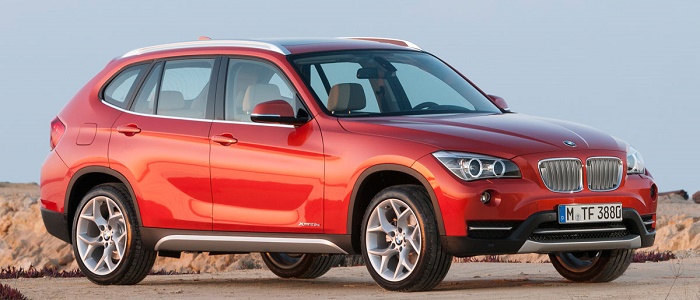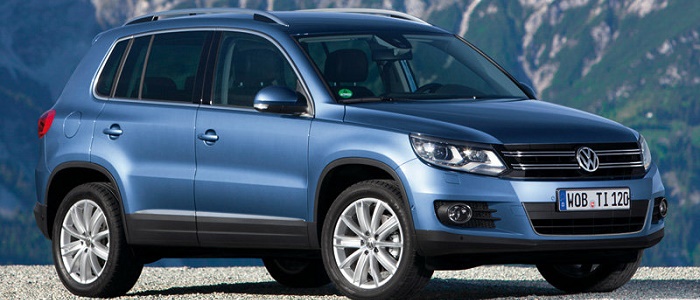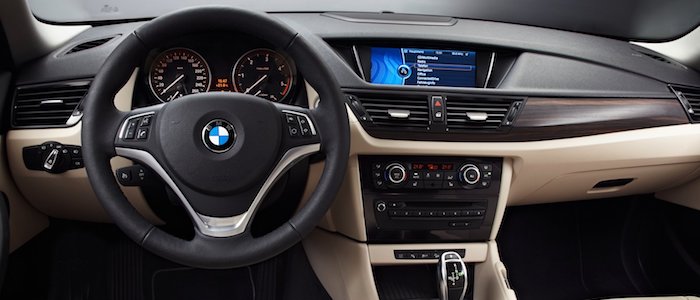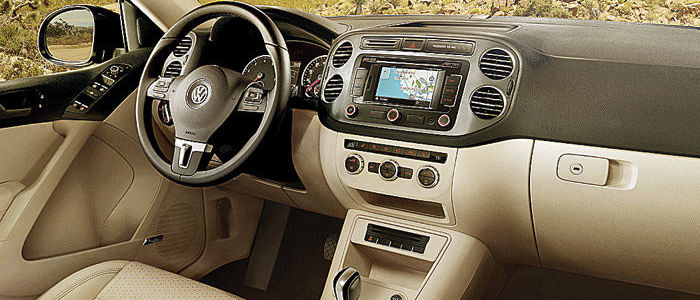Compare two cars
Compare any two cars and get our Virtual Adviser™ opinion
Dimensons & Outlines
Check vehicle history
Engine
Performance (manual gearbox)
Performance (automatic gearbox)
Expenses
Virtual Adviser's™ opinion
Two significantly similar cars, no doubt about that. Still, each one has something different to offer. Having both cars powered by petrol engines and utilizing the 5-door suv body style within the same 'SUV' segment, the only major difference here really is their wheel drive configuration (rear for the BMW and 4 x 4 in the case of the Volkswagen). The first one has a BMW-engineered powertrain under the hood, a 4-cylinder, 16-valves 184hp unit, while the other one gets its power and torque from a 4-cylinder, 16-valves 180hp engine designed by Volkswagen.
SafetyBoth vehicles got tested by European New Car Assessment Programme (Euro NCAP), with the same number of safety stars gained in the process. That aside, let's consider some other aspects which affect safety. Both vehicles belong to the suv segment, which is generally a very good thing safety-wise, but it doesn't do much to help us decide between the two. On the other hand, if we'd like to consider vehicle mass in this context too, which we definitely should, Tiguan offers a marginal difference of 6% more metal.
ReliabilityReliability is not the best thing to consider on the make level, but it is worth mentioning that Volkswagen does have a slight advantage, all the models observed together. That's the official data, while our visitors describe reliability of BMW with an average rating of 4.1, and models under the Volkswagen badge with 4.2 out of 5. Independent research findings rank X1 as average reliability-wise, and Tiguan is more or less at the same level.Above it all, drivers of cars with the same engine as BMW X1 rank it on average as 3.5, while the one under the competitor's bonnet gets 5.0 out of 5.
Performance & Fuel economyBMW is a bit more agile, reaching 100km/h in 0.9 seconds less than its competitor. In addition to that it accelerates all the way to 220 kilometers per hour, 16km/h more than the other car. When it comes to fuel economy the winner has to be BMW X1, averaging around 6.9 liters of fuel per 100 kilometers (41 mpg), in combined cycle. We can't ignore that 23% difference compared to Tiguan.
Verdict
Volkswagen appears just a bit more reliable, although the difference is truly marginal. The most important thing when deciding between any two vehicles should always be safety, both passive and active. In my opinion, everything taken into account, Tiguan offers slightly better overall protection and takes the lead. From there things take a different direction, with BMW outracing its opponent in any situation possible, making it better choice for boy racers. To make things even better, it consumps less fuel! It's not difficult to say then that if I'd need to make a choice, it would definitely be the BMW. Nevertheless, let's not forget that people have different preferences and needs, so what really counts is your personal feel. I'm only here to help. Also, you could use the oportunity to find out which car, everything taken into account, would be the perfect choice for you in the eyes of the virtual adviser™, among thousands of similar, yet so different vehicles.


































